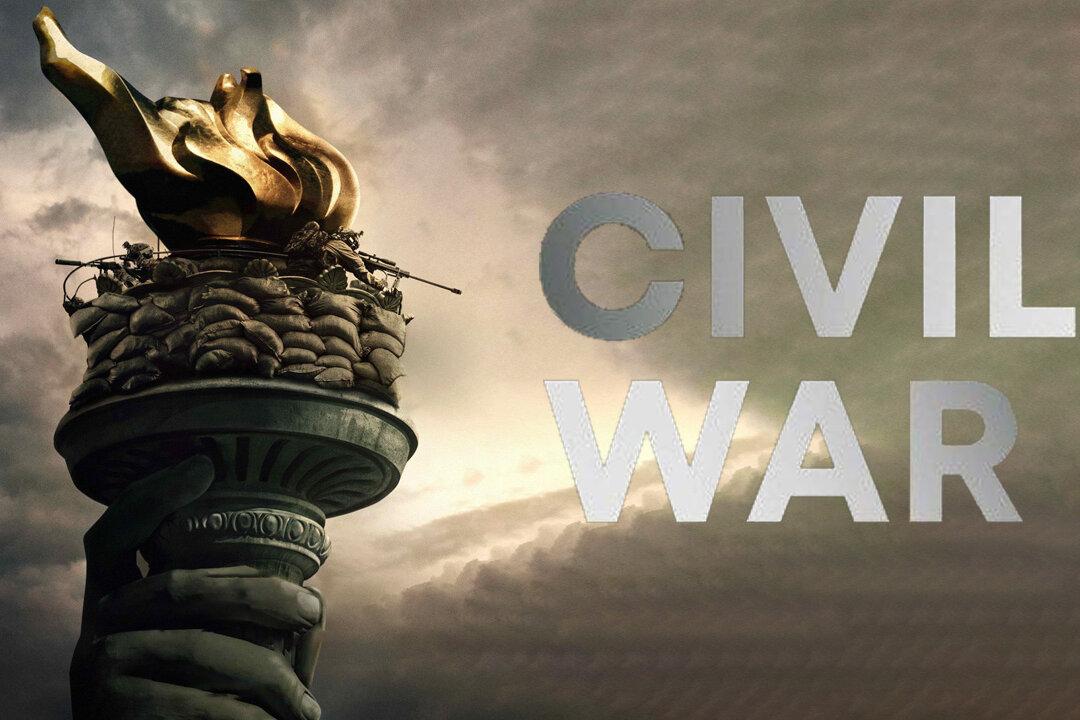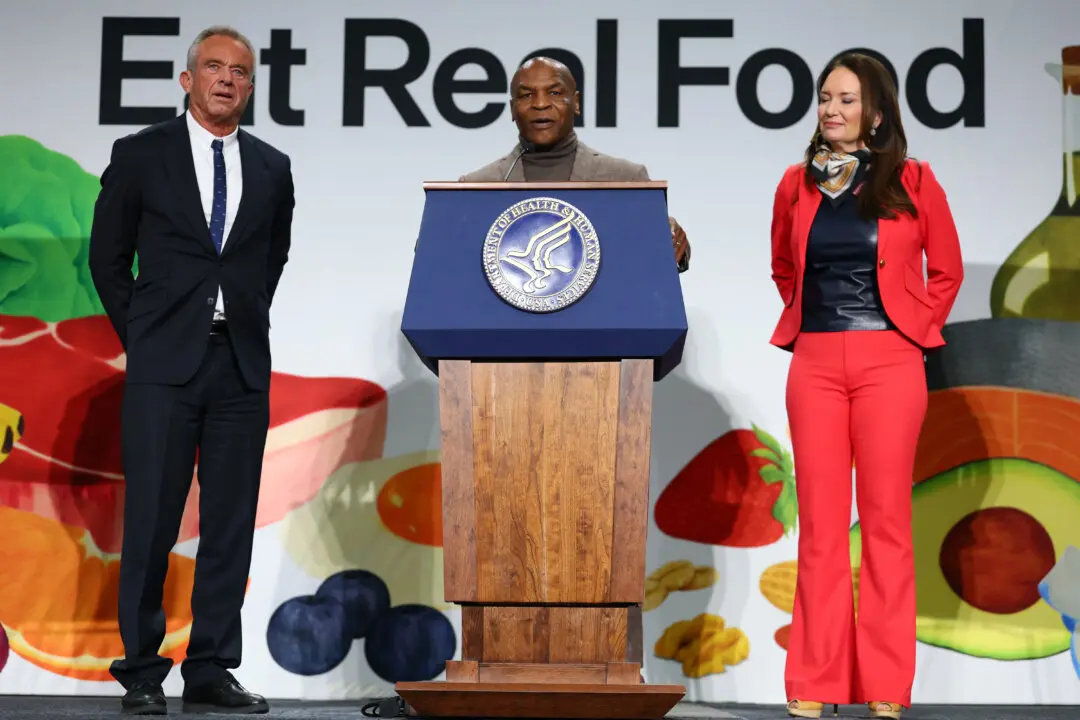Commentary
The movie “Civil War,” directed by Alex Garland, is a tremendous viewing experience. It feels real and it is utterly terrifying. There is a reason people are flocking to see it. Everyone knows that the prospect is a genuine threat. We are all scared of what’s become of our once-great nation.





